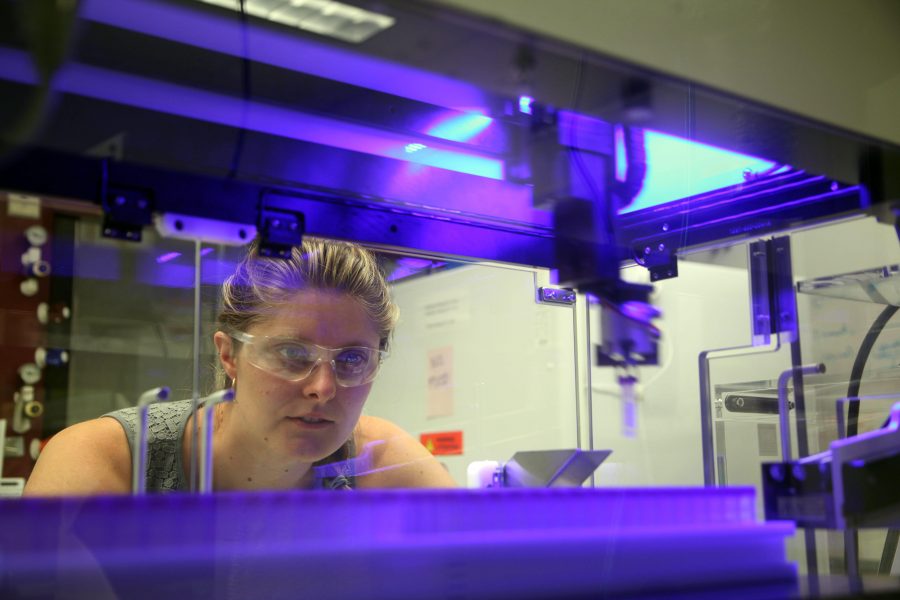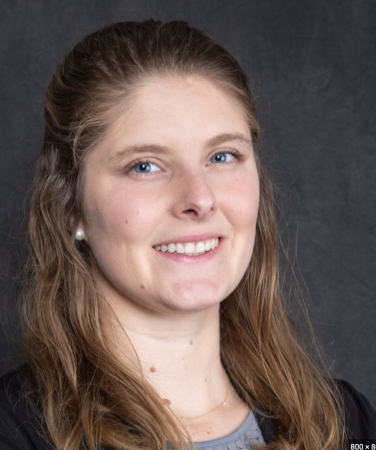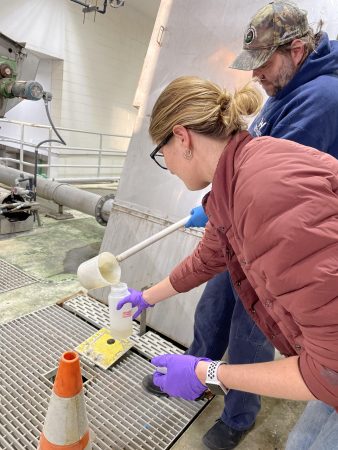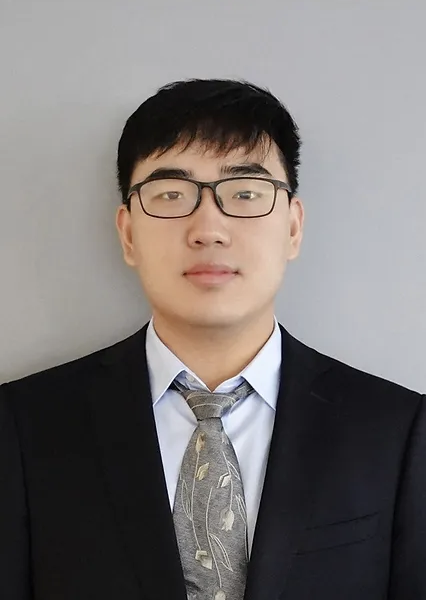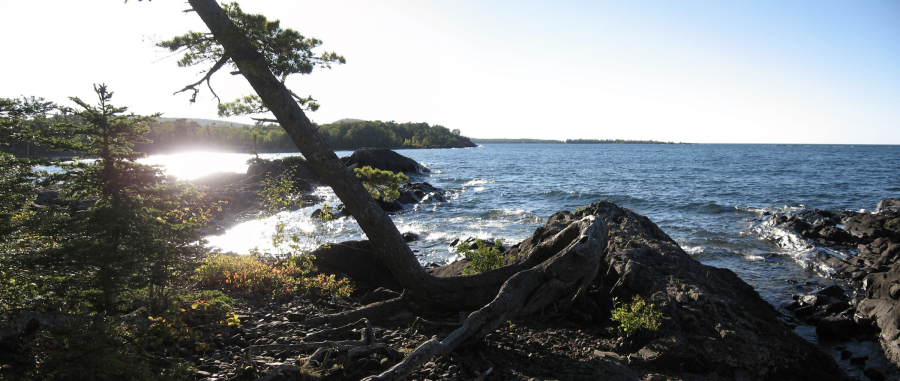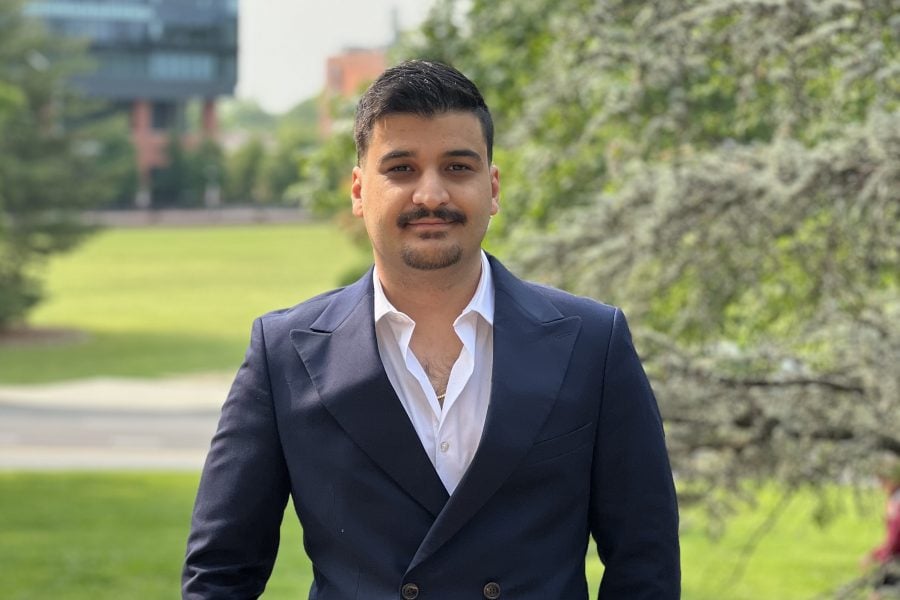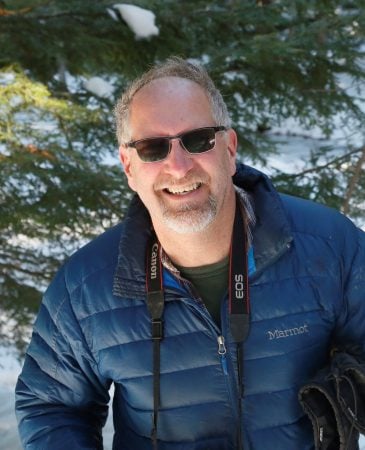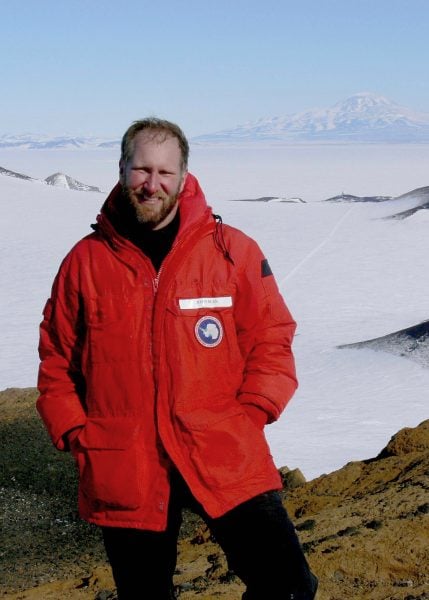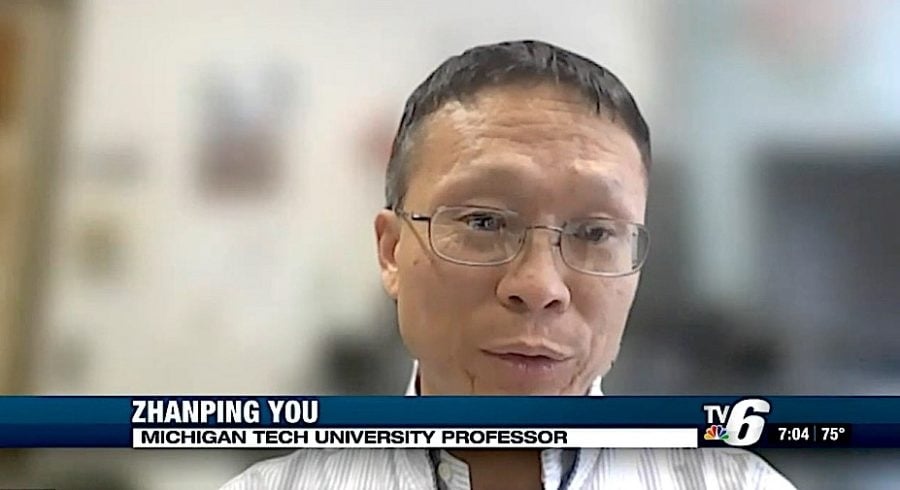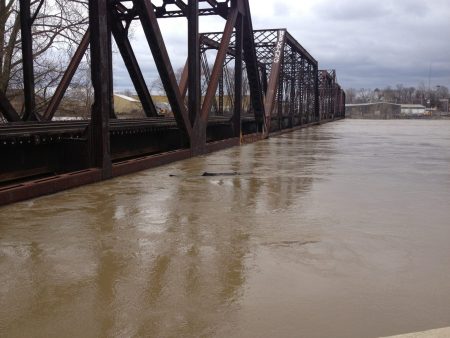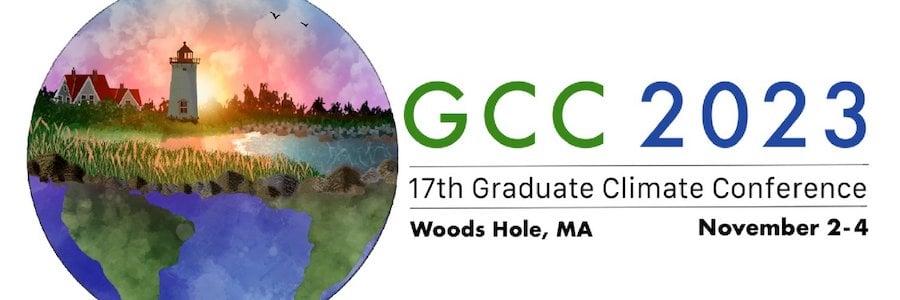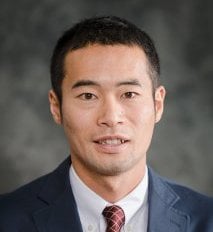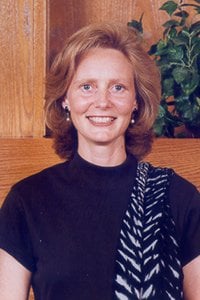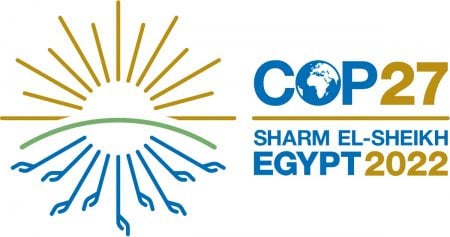Assistant Professor Ishi Keenum comes to Michigan Tech from the National Institute of Standards and Technology (NIST), where she completed her postdoctoral research. She earned a BS in at the University of Michigan, and an MS and PhD at Virginia Tech, all in Environmental Engineering. She serves as the lead of the bioinformatic working group for the International Microbiome and Multi’omics Standards Alliance (IMMSA).
What drew you to Michigan Tech?
My hometown is Knoxville, Tennessee but with lots of family in Houghton. I grew up coming here for the summers! When I visited the CEGE faculty were incredibly welcoming and I was really drawn by the people who would be my colleagues. I also love the accessibility to the outdoors and the water!
What is your primary area of research and what led you to it?
My focus is on the dissemination and treatment of antibiotic resistance through our wastewater and water systems. More broadly, I examine the microbiology of water systems. I got involved in environmental biotechnology as an undergraduate researcher at the University of Michigan. I was drawn to this type of work because I like to think of how a better understanding of environmental microbiology in engineered systems can help prevent exposures to things like opportunistic pathogens and antibiotic resistance. I really like that my work has a close public health benefit.
“I am passionate about creating safe water for human consumption.”
Can you share a little more about your research and what you like about it?
I examine how our wastewater treatment systems and agricultural systems currently address antibiotic resistance throughout the treatment process. I also work on generating standards for how we make measurements of microbial communities. I get to use a variety of different microbial methods to try to answer these questions. I like the diversity of methods I use in my work. It means we can answer a variety of different questions about our engineered systems.
I also love that I get to work on some of the most pressing world problems facing our society. For instance, waterborne disease and antibiotic resistance cost millions of dollars in the US to treat at healthcare facilities, and we need to better understand where people are exposed.
What do you consider an important long-term goal for your research, teaching, or outreach?
I am looking forward to building and joining a strong environmental microbiology program at Michigan Tech. I am looking forward to understanding the microbiology and challenges in our surrounding community and am hoping to get involved in both outreach and research.
What do you hope to accomplish, as an educator, over the next few years?
I am looking forward to connecting with Michigan Tech students as a teacher and faculty member. I hope we can have fun and engaging classroom discussions around issues we all currently face working in the field of environmental engineering.
“Try getting involved in student organizations that do what you’re interested in doing.”
What do you like to do in your spare time?
I love running and hiking and I’m excited to get into cross country skiing! You can also find me with my dog, Monty!
Any advice for incoming students?
I am here to help. I want to work with you to be successful!
